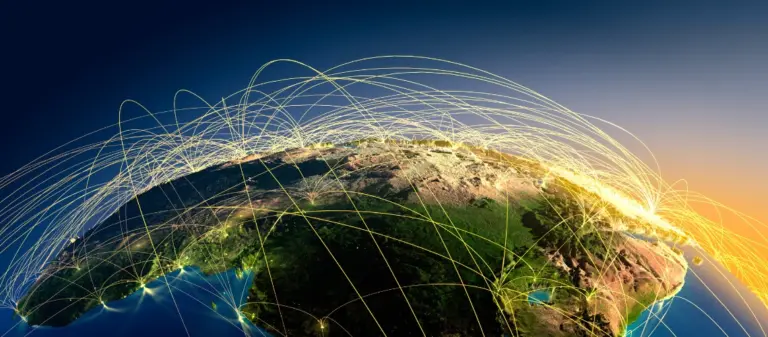The African Digital Economy & Inclusivity Conference (AFDEIC 2025) is set to take place in Abuja, Nigeria, in August. The event will bring together government officials, policymakers, business leaders, tech innovators, academics, and development partners to delve into Africa’s growing digital economy, with a particular focus on the role of artificial intelligence (AI) in promoting inclusive growth.
Themed “AI and Africa’s Digital Economy: Leaving No One Behind,” the conference will address critical issues such as financial inclusion, digital infrastructure expansion, AI adoption, data governance, and cybersecurity. The discussions will also explore strategies to bridge Africa’s digital divide, strengthen fintech ecosystems, and drive broadband expansion—key areas as the continent’s digital economy is projected to contribute $180 billion to its GDP by 2025, and exceed $712 billion by 2050.
Addressing Digital Disparities and Expanding Access
Despite significant progress in fintech, e-commerce, and AI-driven solutions, a 2022 report by the International Telecommunications Union revealed that 73% of rural Africans still lack internet access, limiting their ability to benefit from digital financial services and e-learning platforms. The conference aims to highlight this challenge and discuss how to overcome it to ensure no one is left behind in Africa’s digital transformation.
Nigeria’s Role in Driving the Digital Economy
Nigeria, which is making considerable strides in developing its digital economy, will also be in the spotlight during the conference. The government’s National Digital Economy Policy is focused on expanding broadband access, promoting e-commerce, and fostering digital financial services. Additionally, Nigeria’s vibrant tech ecosystem, especially within fintech, is playing a crucial role in driving financial inclusion across the country.
AFDEIC 2025 promises to be a pivotal platform for exploring the immense potential of AI and technology in reshaping Africa’s future, while ensuring that the benefits of the digital economy are equitably shared across all sectors of society.

